UK inflation hits 41-year high as WTO warns of recession in major economies
Soaring energy, food, and transport prices drove Britain’s inflation to a new high in October, jumping to a 41-year high of 11.1 percent, squeezing households and businesses amid warning of recession in major economies by the world trade body.
The Office for National Statistics in a report on Wednesday said the annual rate of inflation in the country jumped to 11.1 percent in October from 10.1 percent in the twelve months to September, the highest since October 1981.
The sharp surge in living costs was caused by rising gas and electricity prices, despite a government energy price guarantee.
“Over the past year, gas prices have climbed nearly 130% while electricity has risen by around 66%,” ONS chief economist Grant Fitzner said in a statement.
Food prices had their biggest jump since 1977, the ONS said while rising gas and electricity bills have continued to drive up overall prices.
Chancellor of the Exchequer Jeremy Hunt has warned reigning in inflation would require tough decisions on tax and spending.
He has outlined plans to raise about £60 billion “to help balance” the accounts in a budget statement.
Hunt considers the COVID-19 pandemic and the war in Ukraine to be the main reason for the price hikes. He believes those issues will neutralize any chance of long-term economic growth.
Gas and electricity prices have seen the biggest jump, rising 23.4 percent despite a government scheme in place to keep energy bills low: the Energy Price Guarantee.
Supermarket prices of some of the most popular branded food products have doubled in some cases over the past two years.
Britain is expected to enter an economic recession in the coming months. Unemployment rate in the country has gone up. Workers face a reduction in real wages in the face of inflation.
Frances O'Grady, general secretary of the Trades Union Congress (TUC), said the livelihoods crisis Britain faces is getting worse every day, calling on ministers to ramp up public sector pay above the 2 percent mark reported for next year. She said the crisis will continue as long as wages remain intact.
According to O'Grady, nurses and teaching assistants in England have to use food banks to get by.
Meanwhile, retailers have called on Prime Minister Rishi Sunak for more support to save street businesses ahead of Christmas.
“Many customers are keenly anticipating Black Friday deals and other promotions in the run-up to Christmas, as they prepare to buy gifts and festive treat," said Helen Dickinson, chief executive of the British Retail Consortium.
"Unfortunately, there are few signs the cost of living crisis will abate any time soon.”
The majority of European countries are embroiled in the energy crisis in the wake of Western sanctions against energy giant Russia over the war in Ukraine. As a result, the EU member states are looking for ways to cushion the blow from the soaring costs.
According to the S&P Global Ratings Company, Britain is already experiencing a full-year recession, with the British pound nose-diving nearly 5 percent at one point to $1.0327, its lowest since 1971.
WTO warns of 'real' recession in major economies
The head of the World Trade Organization (WTO) warned on Wednesday that several major economies were staring at recession amid the Ukraine war, rising food and fuel costs, and soaring inflation.
"It may not happen everywhere, but several key countries risk sliding into recession," WTO Director-General Ngozi Okonjo-Iweala said on the sidelines of the G20 leaders meeting in Bali.
"Of course, the impact of that can be quite significant for emerging markets and poor countries, which need external demand from the developed countries to recover."
The international trade body had last month projected global trade to rise just 1.0 percent in 2023, down sharply from an estimated 3.5 percent rise for this year.
"There are so many uncertainties and most of the risks are on the downside," such as the fallout from the war in Ukraine and headwinds from inflation, she said.
Okonjo-Iweala said she was "very hopeful" of a breakthrough in reforming the WTO's dispute settlement system, which has been paralyzed since 2019 when the administration of former US President Donald Trump blocked the appointment of judges for an appeals body arbitrating on global trade disputes.
Gaza Civil Defense collapses as Israeli fuel blockade halts all emergency operations
UN Chief warns Israel’s E1 settlement plans threaten Palestinian statehood
Russia warns of military measures if US deploys weapons in Greenland
Iran's foreign minister ramps up regional diplomacy amid tensions with US
Israel pressing for Iran strike, Trump remains reluctant: Report
1,900 attacks recorded in January as Israeli violence intensifies in West Bank
Hamas condemns treatment of Palestinians at Rafah border, calls it ‘organized terrorism'
VIDEO | Press TV's news headlines


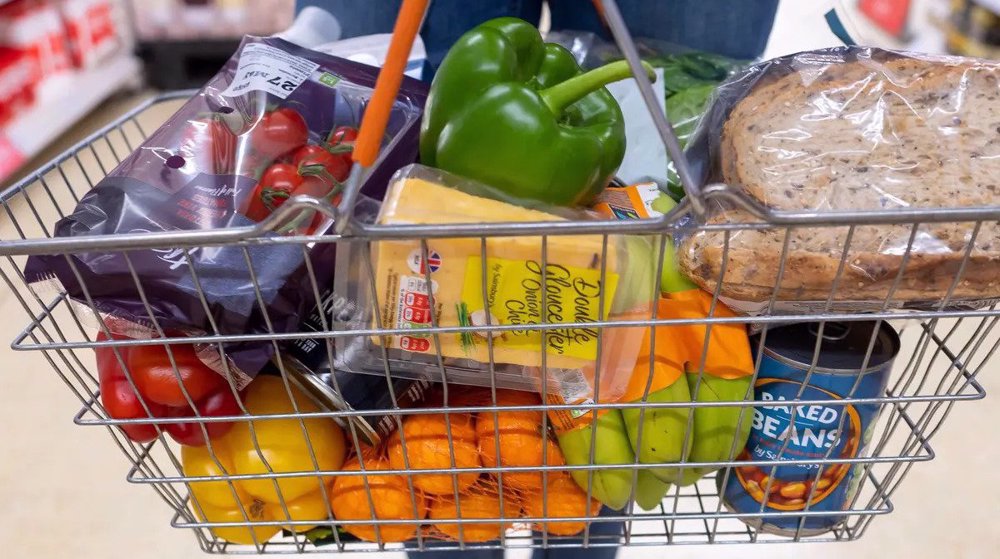
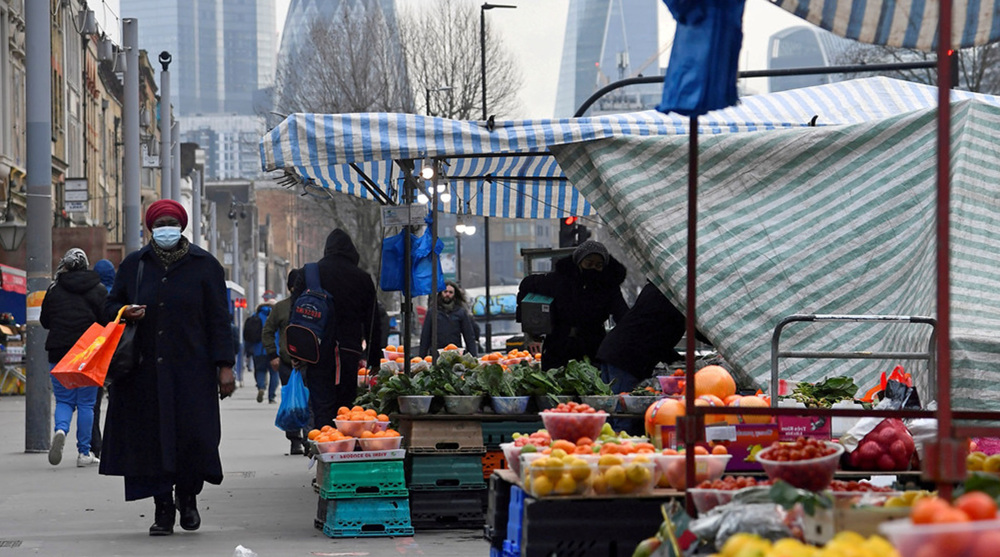
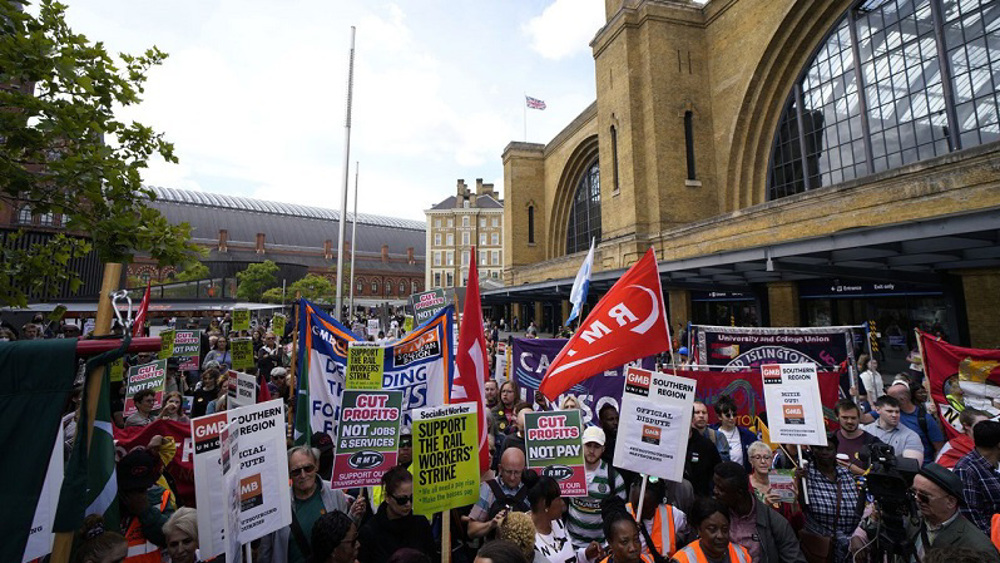
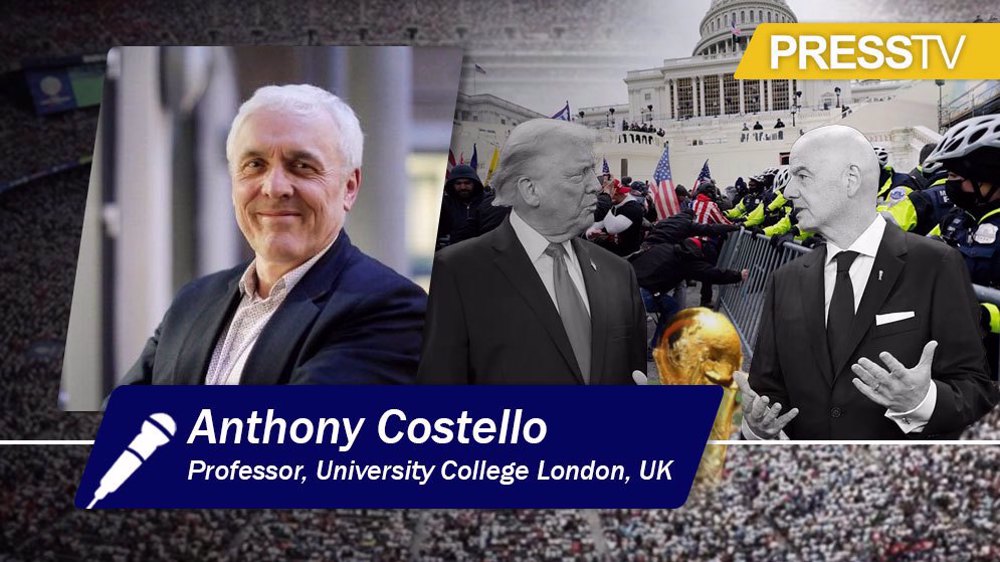





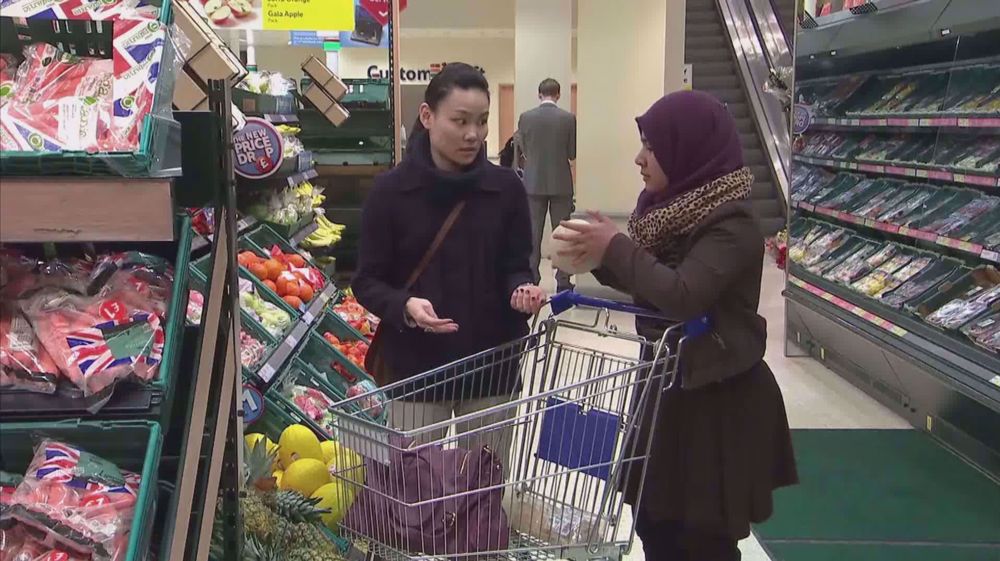
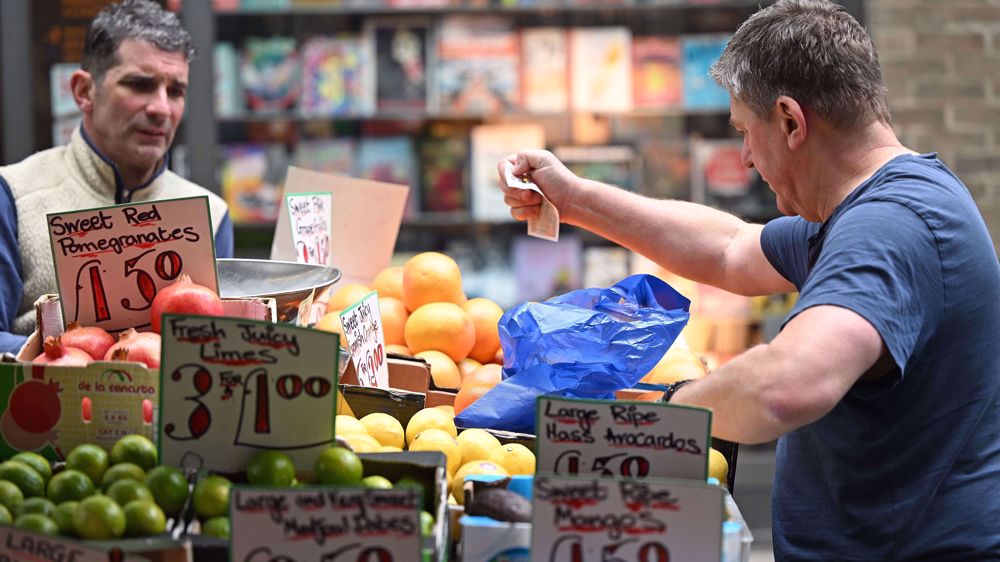
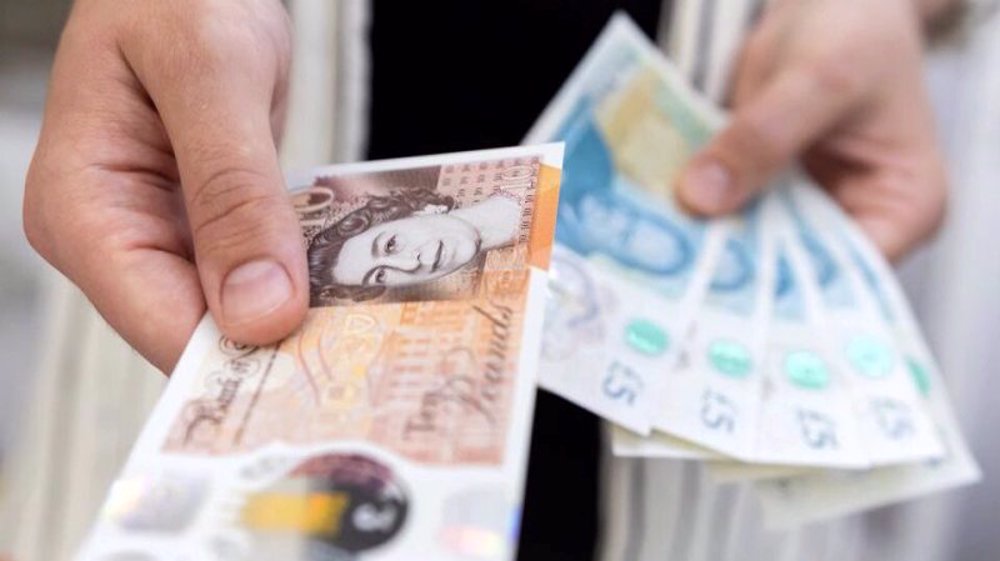
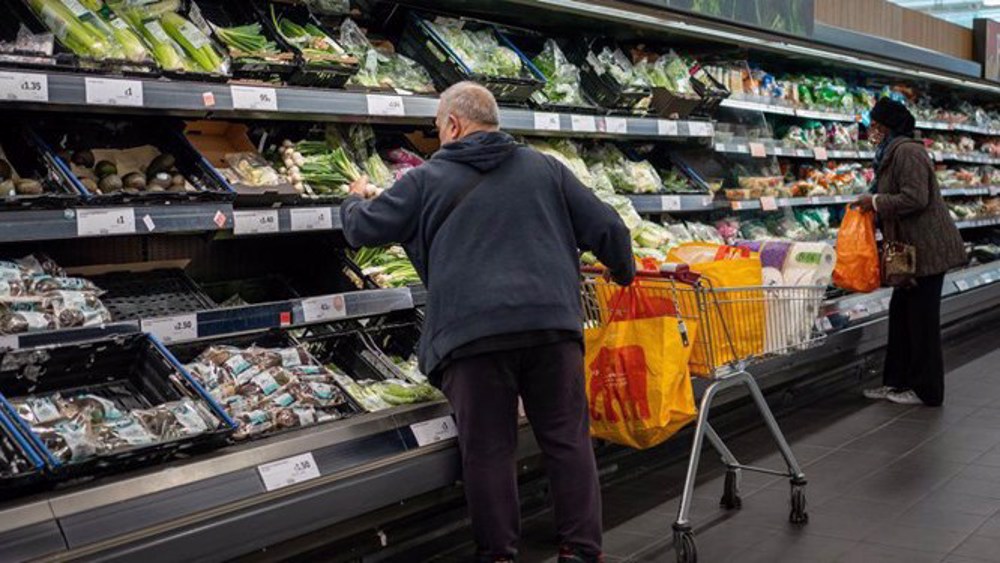
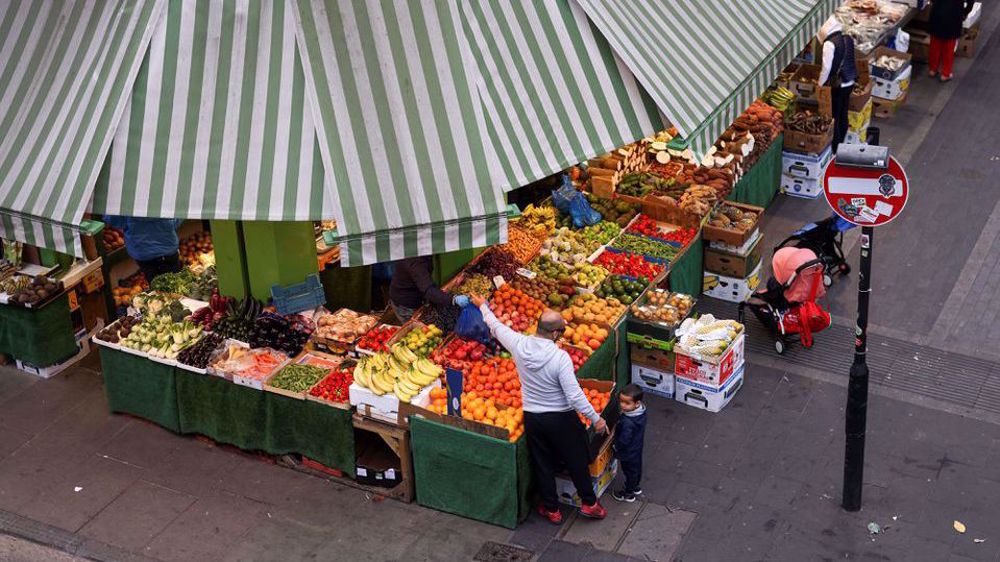
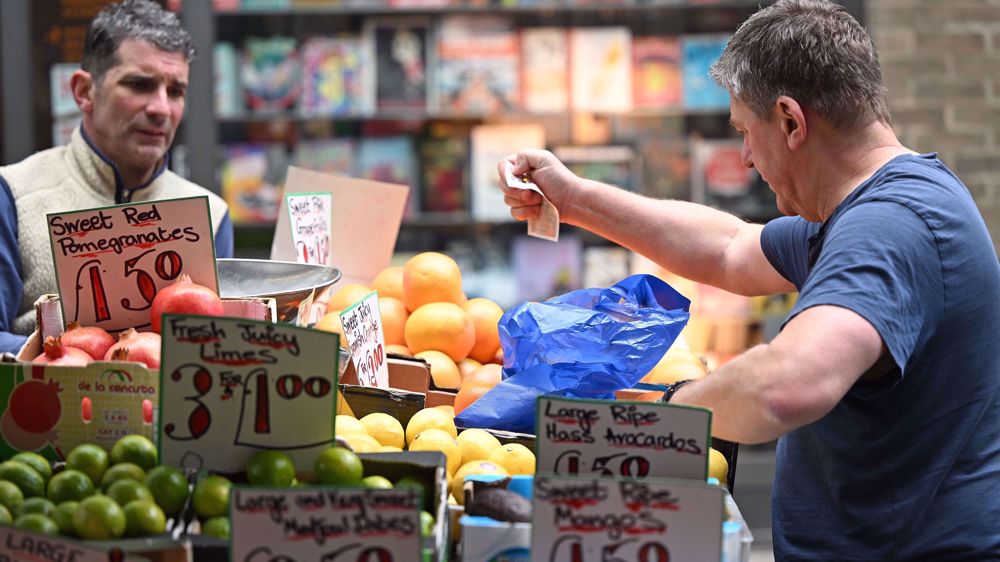

 This makes it easy to access the Press TV website
This makes it easy to access the Press TV website